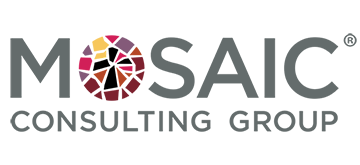The Heart of Your Company: Understanding Organizational Culture and Why It Matters
Every company has a story, a unique essence that defines its identity – this is what we commonly refer to as its organizational culture. However, having a well-crafted mission statement is just the beginning. It’s the daily actions, behaviors, and values upheld by everyone in the organization that truly shapes its culture. In this blog post, we’ll delve into the concept of organizational culture, its significance in today’s competitive job market, warning signs of a toxic culture, and how to build and evolve a strong and thriving culture within your organization.
Defining Organizational Culture
Organizational culture is the heartbeat of a company. It goes beyond the mission and values statement, encompassing how those values are lived and breathed every day at all levels of the organization. It’s about fostering an environment where employees feel motivated, appreciated, and aligned with the company’s core principles. Here are some essential elements that contribute to a thriving organizational culture:
Investing in Career Growth: Companies with strong cultures actively promote employee growth through robust learning and development programs and upskilling initiatives. This empowers employees to prepare for future success, fostering a culture of continuous learning and improvement.
Valuing Work-Life Balance and Providing Robust Benefits: A company’s approach to time away from work, whether it’s paid time off, flexible work hours, or comprehensive benefits, reflects its organizational values. A healthy culture respects employees’ well-being and encourages a work-life balance that contributes to their overall satisfaction.
Committing to Diversity: Inclusion and diversity are integral to a positive culture. Organizations that prioritize diversity and equity demonstrate their commitment to creating an inclusive workplace where every voice is valued and heard.
Warning Signs of a Toxic Culture
On the flip side, there are clear warning signs indicating that a company’s culture may be unhealthy or heading in the wrong direction:
Lack of Transparency: A culture that lacks transparency can breed mistrust and confusion among employees. When decisions are made behind closed doors without employee input or communication, it can erode the sense of community within the workplace.
High Turnover Rates: Consistently high turnover rates may indicate underlying issues within the culture. Employees may leave due to dissatisfaction, poor leadership, or a lack of growth opportunities.
Resistance to Change: A culture that resists change and stifles innovation can become stagnant and less adaptive in a rapidly evolving business landscape.
How to Build and Evolve a Strong Culture
Building and nurturing a strong organizational culture takes dedication and commitment. Here are three key steps to help you create and maintain a thriving culture:
Listen to Employees: Employees are the heart of your organization, and their voices matter. Encourage open communication and collect feedback through surveys, town hall meetings, and focus groups. Act on this feedback to demonstrate that you value their input.
Hire in Alignment with Company Values: Ensure that your hiring process aligns with your company’s core values. Seek candidates who not only have the skills for the job but also resonate with your organizational culture.
Be Open to Change: Embrace change and be adaptable. As your organization evolves, your culture may need to as well. The shift to remote or hybrid work models, for example, requires finding new ways to maintain and foster your culture regardless of physical location.
Why Organizational Culture Matters
Organizational culture is not just a buzzword; it’s a fundamental driver of success for any organization. A positive culture leads to happier and more resilient employees who are better equipped to navigate challenges and contribute to the company’s long-term success. When employees feel valued, motivated, and aligned with shared values, they are more likely to remain loyal to the organization, ultimately reducing turnover rates and attracting top talent.
In today’s competitive job market, job seekers are increasingly prioritizing strong, positive, and robust organizational cultures when choosing where to work. It’s no longer just about the job; it’s about the environment and the sense of belonging that comes with it. Organizations that invest in cultivating a thriving culture are not only more likely to retain their talent but also to thrive in the ever-evolving business landscape.
In conclusion, organizational culture is the beating heart of your company. It defines your identity, shapes your workforce, and drives your success. Investing in a strong and positive culture is not just an option; it’s a necessity in today’s business world. It’s the secret sauce that sets you apart, attracts top talent, and ensures your organization’s long-term prosperity.




